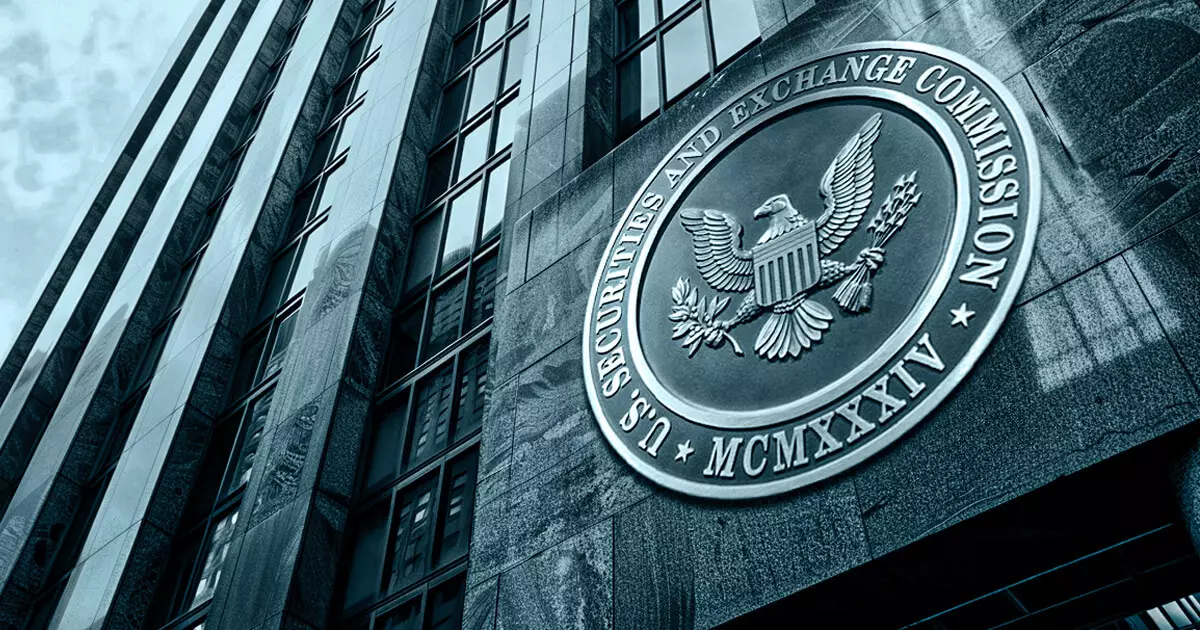The upcoming House Appropriation budget may have a significant impact on the US Securities and Exchange Commission’s controversial Staff Accounting Bulletin 121 (SAB 121). The bill, which is set to prohibit the SEC from using appropriated funds to implement the rule, has sparked discussions and debates within the financial sector. FOX Business reporter Eleanor Terrett shared insights on the matter, shedding light on the potential implications of this budget decision.
The policy rider within the House Appropriation budget clearly states its intention to prevent the SEC from enforcing or implementing Staff Accounting Bulletin No. 121, citing concerns about the rule’s negative impact on digital asset requirements. This move could potentially disrupt the SEC’s plans to implement SAB 121 and could impact how financial institutions and other firms handle customer digital assets.
The House Appropriation bill is currently set to be discussed in a hearing on June 5, with the Republican-majority House likely to pass the bill. However, the Senate, led by a Democratic and Independent majority, will also need to weigh in on their own appropriation bill. Terret highlighted that Democratic support for an earlier resolution with similar goals indicates that the Senate may retain the rider in the budget. This political divide could further complicate the fate of SAB 121 and the SEC’s funding for 2025.
Commissioner Concerns
SEC commissioner Mark Uyeda’s stance on withdrawing SAB 121 reflects a growing discontent within the commission regarding the rule. Uyeda expressed disappointment in President Joe Biden’s veto of H.J. Res. 109, citing concerns about bypassing the proper rulemaking procedures under the Administrative Procedure Act. His sentiments were echoed by fellow SEC commissioner Hester Peirce, who questioned the use of a bulletin for such a significant regulatory change. Both commissioners focused on procedural shortcomings rather than the exact content of SAB 121.
SAB 121’s requirement for financial institutions to include digital asset holdings on their balance sheets could have substantial financial implications for these firms. The accounting and disclosure approach mandated by the rule could result in increased capital and liquidity costs, affecting how these companies manage their operations and financial reporting.
The US House and Senate previously passed H.J. Res. 109 to overturn SAB 121, with the Senate approving the resolution on May 16. However, President Biden vetoed the resolution on May 31, expressing concerns about the potential risks to consumers and investors. This decision faced backlash from House lawmakers and industry groups, who argued for the resolution to be enacted to protect the interests of financial institutions and stakeholders.
The House Appropriation budget’s stance on SAB 121 could have far-reaching implications for the SEC and the financial industry as a whole. The ongoing political debates and concerns raised by commissioners highlight the complexity of regulating digital assets and balancing the interests of various stakeholders in the financial sector. The ultimate decision on the fate of SAB 121 will require careful consideration and negotiation among lawmakers, regulators, and industry participants.

